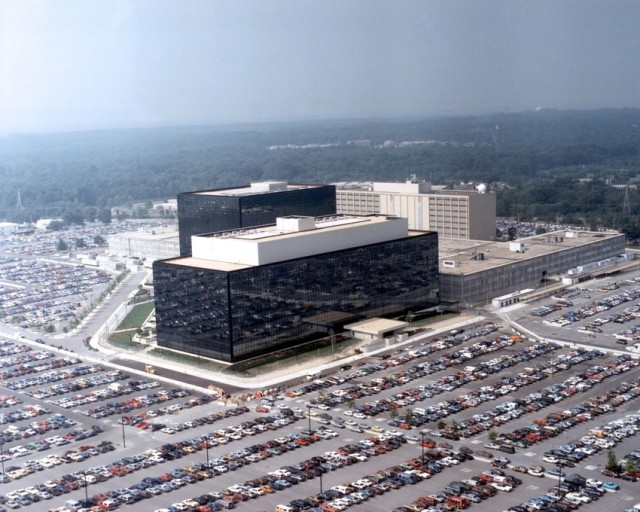
Radicalizers everywhere should be disturbed by the latest revelations about the National Security Agency's surveillance operations.
In a report based on yet another top-secret document provided by NSA whistleblower Edward Snowden, the Huffington Post (lead writer Glenn Greenwald) says that "the NSA has been gathering records of online sexual activity and evidence of visits to pornographic websites as part of a proposed plan to harm the reputations of those whom the agency believes are radicalizing others through incendiary speeches."
The story says the doc identifies six targets, all Muslims, as “exemplars” of how “personal vulnerabilities” can be gleaned through electronic spying, and then exploited to undermine credibility, reputation and authority. In other words, pile on so much shame that the target is no longer effective.
That the NSA is trying to discredit terrorists is not what is unsettling. Rather, it's the murky definition of "radicalizer" — and of course the fact that the NSA is in every corner of our lives.
None of the six is accused by the NSA of being involved in terror plots. Says the Huff Post:
Instead, the NSA believes the targeted individuals radicalize people through the expression of controversial ideas via YouTube, Facebook and other social media websites. Their audience, both English and Arabic speakers, "includes individuals who do not yet hold extremist views but who are susceptible to the extremist message,” the document states. The NSA says the speeches and writings of the six individuals resonate most in countries including the United Kingdom, Germany, Sweden, Kenya, Pakistan, India and Saudi Arabia.
According to the report's accompanying chart, one of the six is a "well-known media celebrity" who argues that "the U.S. perpetrated the 9/11 attacks"; his vulnerability is said to be "a glamorous lifestyle." Another target argues publicly that “non-Muslims are a threat to Islam” — not an uncommon viewpoint among fundamentalists of any faith. Another target is a foreign citizen the NSA describes as a "respected academic"; he holds the view that "offensive jihad is justified," and his vulnerabilities are listed as "online promiscuity" and "publishes articles without checking facts." Another target argues that "the U.S. brought the 9/11 attacks on itself"; he is vulnerable to accusations of “deceitful use of funds."